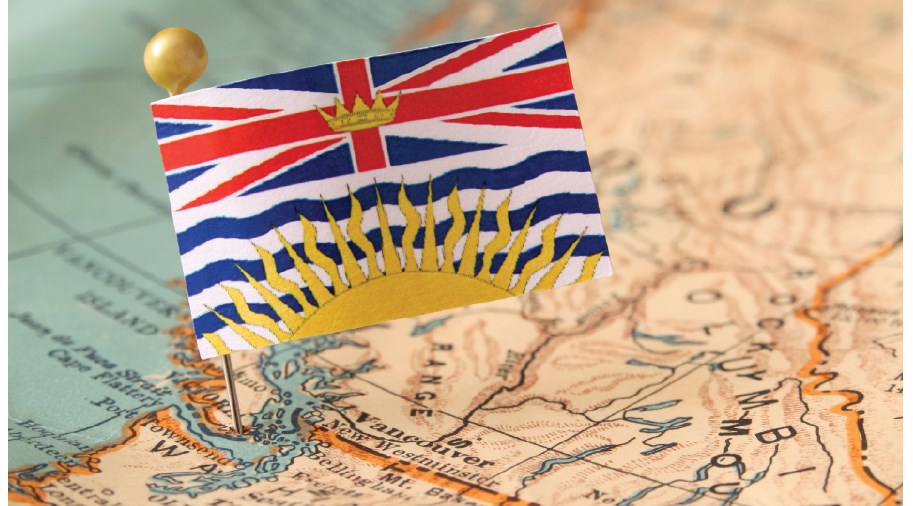In November 2023, Research Co. and Glacier Media looked into the meaning of reconciliation for residents of British Columbia. The results outlined a public that was willing to act but confused about how to go about it.
Almost two-thirds (65 per cent) expressed positive views about reconciliation, defined as establishing and maintaining a mutually respectful relationship between Indigenous and non-Indigenous peoples in sa国际传媒. However, when asked specifically about economic reconciliation—or the process of making economic amends for historical injustices to Indigenous Peoples—favourable views fell to 50 per cent.
Over the past two decades, residents of British Columbia have had significant conversations about reconciliation. One aspect that has been tangentially discussed is changing the name and flag of the province in favour of terms or ensigns that pay homage to our shared Indigenous heritage.
This year, with a provincial election looming, just under three in 10 (29 per cent, down three points since late 2022) are willing to change the name of the province to acknowledge its Indigenous heritage. A growing majority (60 per cent, up seven points) disagree with this notion, including almost half (46 per cent) who strongly dislike it. One in 10 (10 per cent, down five points) have no opinion on the matter.
The age differences continue to be staggering. While more than half of British Columbians aged 18 to 34 are ready to consider a name change (52 per cent), the proportions drop drastically among their counterparts aged 35 to 54 (32 per cent) and aged 55 and over (11 per cent).
British Columbians who voted for the BC Green Party in 2020 are more likely to endorse changing the name of the province (50 per cent) than those who cast ballots for the BC NDP (31 per cent) or the then-named BC Liberals (26 per cent).
Removing the Union Jack from the provincial flag is also contentious. Only 31 per cent of British Columbians (unchanged) agree with this course of action, while 51 per cent disagree (up five points) and 19 per cent (down four points) are undecided.
Once again, the province’s youngest adults find it easier to imagine a new flag (39 per cent) than those aged 35 to 54 (30 per cent) and those aged 55 and over (24 per cent).
Almost two-thirds of British Columbians (65 per cent, up three points) have no problem with the name of the province. Some are still bothered by the “British” part (18 per cent, down one point), the absence of an acknowledgement to Indigenous Peoples (17 per cent, down three points) or the “Columbia” part (six per cent, down two points).
Two groups stand out in their desire for a way to acknowledge the province’s Indigenous heritage: British Columbians aged 18 to 34 (31 per cent), BC Green voters in 2020 (30 per cent) and, unsurprisingly, residents of the province whose descent is Indigenous (53 per cent).
In a separate question, we continue to see most of the province’s residents (57 per cent) agreeing with the decision to rename the Queen Charlotte Islands as Haida Gwaii in 2010. The results were similar in 2022 (58 per cent) and 2021 (56 per cent).
Only 23 per cent of British Columbians disagree with the name change (up three points since 2022), a proportion that rises to 29 per cent among those aged 55 and over, 30 per cent among men and 36 per cent among BC Liberal voters in the 2020 provincial election.
The needle has not moved much on changing sa国际传媒’s name or flag, but the province’s youngest adults are decidedly more keen on change than their older counterparts. We can expect reconciliation to be discussed as candidates position themselves in the upcoming provincial ballot. A change in the province’s name may be popular with young adults, but they will indubitably pay more attention to policies related to housing and the economy.•
Mario Canseco is president of Research Co.
Results are based on an online study conducted from June 24-26, 2024, among 801 adults in sa国际传媒 The data has been statistically weighted according to Canadian census figures for age, gender and region in sa国际传媒 The margin of error is plus or minus 3.5 percentage points, 19 times out of 20.




